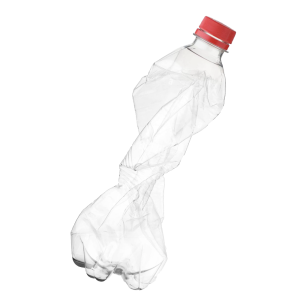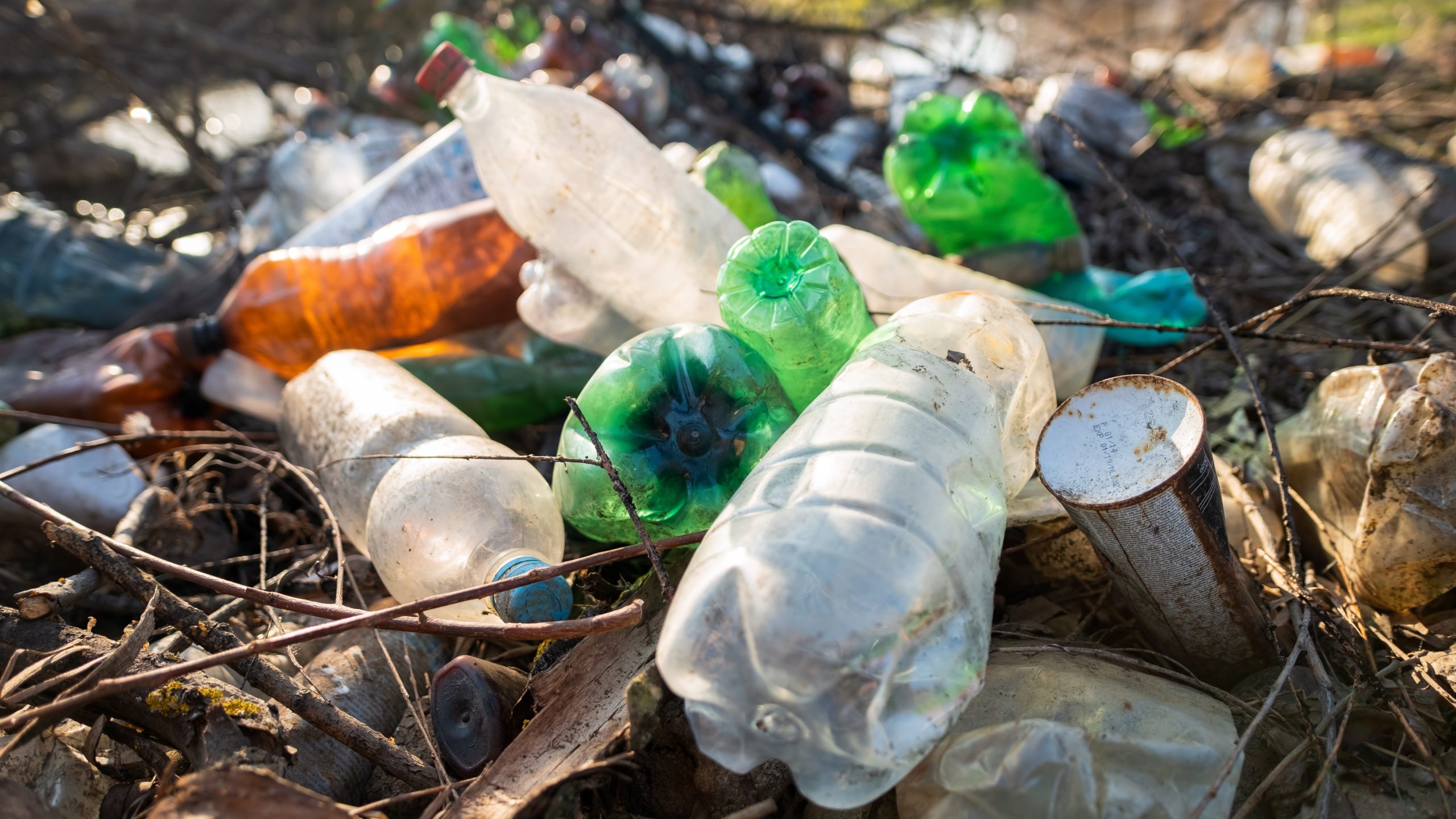60 years after the first piece of plastic made from fossil fuels were invented, plastic pollution has now become a global crisis. Plastic can take up to hundreds of years to break down, and the time it takes to decompose is also dependent on the type of product.
TIME TAKEN FOR PLASTICS TO BREAKDOWN:

Plastic Bag
20 YEARS

Plastic Straw
200 YEARS

Plastic Bottle
450 YEARS

Plastic Toothbrush
500 YEARS

Malaysia ranked the highest among six countries in Southeast Asia in terms of annual per capita plastic packaging consumption. The estimated total annual post-consumer plastic waste generation in Malaysia in 2016 was at 1,070,064 tonnes, which is equal to the weight of almost 10,000 blue whales, and can fill up approximately 76,500 garbage trucks.
WWF’s No Plastic in Nature initiative aims to stop the flow of plastic pollution into our ecosystems by 2030
To successfully alleviate the harm inflicted by plastic, aligned and committed action by all stakeholders at every stage of the plastic life cycle is needed. Moving beyond clean-up alone, we are tackling the root causes of plastic pollution. We aim to accelerate a transition to a global circular plastics economy, with a focus on material and product redesign, consumer behaviour and circular waste management.
Our strategy focuses on two levels of plastic pollution:
1) Reducing the use of plastics by redesigning materials and products on the one hand; and
2) Stopping the leakage by creating circular waste management systems for plastics on the other.
Business has an important role to play in solving the plastic waste crisis.
While it is not the sole responsibility of companies to solve this problem, their engagement and meaningful action is essential to catalyzing the actions of other important stakeholders and achieving practical solutions. Businesses control the design (and associated environmental impact) of their products and packaging, have enormous influence over their supply chains and the public’s interaction with their products, and maintain the ability to make industry-wide changes through collective action.
In addition, businesses could provide important support for policy changes that will make circular material systems more realistic. Importantly, businesses also have a strong rationale for taking action, ranging from improving employee satisfaction and customer experiences to building the next social contract based on sustainability and tapping into new market segments.